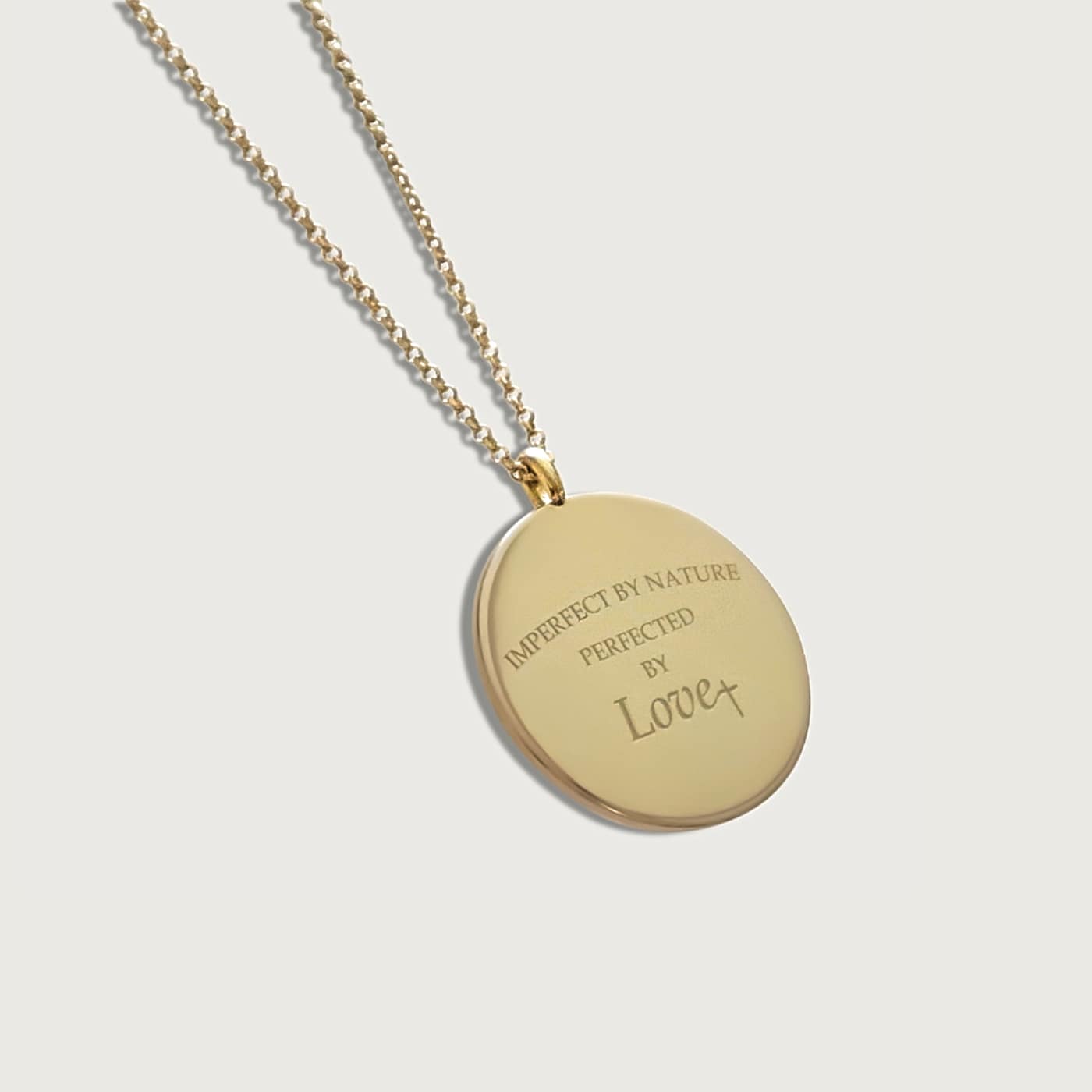
The Burden of The Blessing
The previous post, "Confident Identity," discussed how God created EVERY person with specificity for a purpose. This month, as we joyfully celebrate God's greatest gift to the world, the birth of His Son, Jesus Christ, I thought writing about the purposeful Mary of Nazareth, the mother of Jesus, would be fitting.
A reality TV series called 16 and Pregnant premiered around 2009, followed by a spin-off called Teen Mom. These shows chronicle the lives of pregnant teenage girls, underlining the challenges and difficulties they face while they are still coming of age. Various issues such as shame, abortion, financial struggle, adoption, depression, fractured relationships, and derailed plans are some things that have been addressed. When considering Teen Mom and looking at Mary's life, the Bible does not explicitly state her age when she became pregnant with Jesus. However, cultural practices would suggest that she was likely a young, sheltered teenager between 12 and 16 years old.
When Mary became pregnant, she was preparing to marry Joseph. Imagine the numerous things Mary must have experienced to be chosen as the mother of Jesus. A young girl, pregnant before marriage, not by the man she was to marry...the scandal! Mary's experience, though unique in its divine nature, resonates with the struggles and challenges of motherhood that many women face, making her story a powerful reminder of the shared human experience. Let's walk through the emotional and psychological aspects of Mary's journey to truly understand the depth of her experience.
Mary's Origin
Little is known about the beginning of Mary's life. Some apocryphal writings provide context for Mary's raising. While not considered part of the official biblical canon or authenticated, these writings are still valued by many religious traditions for the insights they provide into the lives of figures like Mary. It is believed that her parents were Joachim and Anne of Nazareth, a wealthy and righteous Jewish couple who, up in age, desperately wanted a child. Because they struggled with infertility, they fervently prayed for a child. By God's grace, Mary was born. Her parents considered her a miracle, and they raised her to have reverence for the Lord.
In the Bible (Matthew 1:1-18), when Mary entered the scene, she was introduced as the woman pledged to be married to Joseph, a descendant of King David and thus a descendant of Judah, the grandson of Abraham. This lineage is significant because it fulfills the prophecy that the Messiah would come from the house of David. Watch Rachel's Worth's Original Brand Story to understand the lineage better.
The Annunciation
What is usually a baby's first word? It is "NO!" because they don't want to submit to the will of their parents. We learn early on to take autonomy over our bodies and decisions. With this, we all have visions for how we would like our lives to unfold, and when we have to take detours, we become unsure, uncomfortable, and sometimes disappointed, to say the least. I am sure Mary was no different. She planned to marry Joseph, settle down, and lead a "normal" life. However, the following scriptures, "For my thoughts are not your thoughts, neither are your ways my ways," declares the LORD (Isaiah 55:8), and "In their hearts, humans plan their course, but the LORD establishes their steps (Proverbs 16:9) points to the fact that "our" plans are fruitless if not within the Will of God. Mary found herself at an intersection in her life for "her plans" when the Angel Gabriel came to her. Gabriel told her, " Do not be afraid; God favored her, the Lord was with her, and she would conceive a son that she should name Jesus. Gabriel explained that Jesus would be great and called the Son of the Most High, and furthermore, He would inherit the throne of David and reign forever.
Like you would be, Mary was confused and questioning how this could be; how would she conceive a child if she had never laid with a man. Gabriel broke it down for her and said that the Holy Spirit would come upon her, and the power of the Most High would overshadow her. As a result, the child would be holy and called the Son of God. To express further the miraculousness of God, Gabriel told Mary her cousin Elizabeth, who had been barren and up in age, was six months pregnant with a son who later would be known as John the Baptist, demonstrating that nothing is impossible with God. After Mary was given an explanation, she accepted her divine purpose by saying, "I am the Lord's servant. May your word to me be fulfilled." Mary accepted her calling with humility, obedience, and faith (Luke 1:38). Mary's response to her calling points to a faith-based upbringing.
The Cost of the Blessing
The blog post "Confident Identity" summarized we are all created with specificity for a God-given purpose. Without a doubt, saying yes to God comes at a steep price. Knowing that you have a God-given purpose that requires sacrifices, did you or would you obediently and readily accept your calling as Mary did? As stated, Mary readily accepted her purpose with the words, "I am the Lord's servant." Her "yes" meant a life journey of emotional, physical, and social stresses, particularly during her pregnancy, delivery, Jesus's ministry, and His crucifixion. Some of the critical challenges and pressures she bore include:
- Social Stigma and Scandal: Mary's pregnancy came at a time when pregnancy before marriage was considered a scandalous act that could lead to harsh punishment, such as stoning. She would have faced immense social stigma, and her character and integrity would have been called into question. Did she try to explain to the community at large that she was pregnant with the Son of God? The Bible suggests she did not, as it states that Mary treasured all these things and pondered them in her heart (Luke 2:19). This indicates that she was introspective and private about the extraordinary nature of her pregnancy. For me, Mary's choice to be private is a lesson showing the importance of having the discernment to know God's Will or plan for you has an appointed time for proclamation.
- Joseph's Reaction: When Joseph was informed of Mary's pregnancy, his first reaction was distress; he probably thought she had been unfaithful. On the other hand, Mary must have felt restlessness and pressure during this time, not knowing how Joseph would respond or how their future would unfold. Because Joseph was a righteous man, he did not want to disgrace her, so he thought of quietly calling off their engagement. Thank goodness an angel appeared to Joseph in a dream. The angel told him that Mary's pregnancy was of the Holy Spirit, that the child was the promised Messiah, and that he should name Him Jesus and still marry her. Joseph obeyed the instructions (Matthew 1:18-25). I used to hear my momma always say, "God is not a God of confusion." She probably was referring to 1 Corinthians 14:33. Knowing God confirms His Will is comforting and empowering.
- Journey to Bethlehem: When Mary was in the late stages of her pregnancy, she and Joseph had to travel approximately 90 miles from Nazareth to Bethlehem to comply with the Roman Census. The trip was probably made on foot or by donkey. Once they arrived in Bethlehem, Mary and Joseph found no room at the inn. With this, Mary went into labor and ended up giving birth and laying her newborn baby in a manger. (Luke 2: 1-7). A manger is a trough used to feed animals. Although scripture does not explicitly state where Jesus was born, His birth likely occurred where animals were kept, such as a stable. The trip had to be physically exhausting and uncomfortable for Mary, and to top it off, giving birth in a less-than-desirable space had to be beyond challenging.
- Escape to Egypt: As described in Matthew 2: 1-12, the wise men discovered Jesus was born based on astrological signs (a star) and prophetic knowledge. In good faith, the wise men told King Herod of the birth of the new "King of the Jews." Afterward, Herod was told of the prophecy of Jesus's birth would happen in Bethlehem (Micah 5:2). Because Herod thought his authority and power would be threatened by this new king, he ordered what is called "The Massacre of the Innocents"—the killing of all male children under the age of two in Bethlehem (Matthew 2:16). Mary was forewarned in a dream to escape to Egypt to safeguard Jesus. At this point, Mary's life becomes more unstable because she and Joseph have to go on the run like fugitives. The stress of running under such perilous circumstances with her newborn baby and the anxiety of losing him had to have her in an overwhelming state. Think about having to spontaneously uproot your life...among other things, I imagine uprooting your life would cause financial hardship and a loss of a supportive community that a new mother needs. How did Mary and Joseph sustain themselves in a new place where they had to be lowkey?
- Family Dynamics: Mary was tasked with raising a unique child. The Bible speaks of Jesus having brothers and sisters (Mark 6:3). It is unknown if the siblings were born by Mary after Jesus, if they were the children of Joseph before he married Mary, or if those brothers and sisters were actually close relatives. Either way, I imagine family strife happened. Why? Mary's decision-making was likely centered around Jesus. Those decisions impacted the entire family unit. There is a thought that you can't raise all children the same. Mary probably struggled with giving nurture and attention to the other children like she did to Jesus, which would present different issues. As Jesus began his public ministry, Mary witnessed the growing resistance to Jesus from religious authorities. Still, seeing those within His family not supporting Him had to be even worse. Mark 3:20-21 says His family thought He was "out of his mind." John 7:5 states that even His brothers did not believe in Him. The emotional strain of defending her Son and seeing Him misunderstood, criticized, and rejected by many, especially His own, had to be complicated.
- Prophecy and Crucifixion: When Jesus was a baby, Mary received a prophecy that Jesus was destined for the rise and fall of many in Israel, and she was also told, "A sword will pierce her own soul too" (Luke 2:34-35). Although the prophecy foreshadowed the emotional suffering Mary would experience, she did not know the full extent of how her Son's fate would unfold regarding His crucifixion. The Angel Gabriel did not tell her of His eventual suffering on the cross. God's Will for you is often not initially revealed in full detail and you know that is probably best. Can you imagine the additional burden Mary would have had if she knew all the specifications of her child's death from the time she was told she was pregnant? Jesus's cousin John the Baptist, who worked closely with Him in His ministry, was killed by beheading. Once John was dead, Mary had to have a lot of sleepless nights wondering what would happen to her child. The day came when she found out. Mary faced the most extreme emotional and spiritual trial when she stood at the foot of the cross and watched her Son be crucified, suffering excruciating physical pain and enduring humiliation (John 19:25-27). Mary had to have deep anguish to see her Son, whom she had carried, nurtured, and watched grow, being tortured and killed.
The Answer
In the beginning was the Word, and the Word was with God, and the Word was God. The Word became flesh and made His dwelling among us (John 1: 1-14). Within Mary's purpose, she received the Word (the Holy Spirit), carried the Word (pregnancy), and delivered the Word (childbirth). Furthermore, she nurtured the Word. God's Will is unique for each of us, a testament to the fact that we were all created with specificity for a purpose. Accepting and walking in our ordained purpose is usually a challenging journey, requiring personal sacrifice and yielding our will to God's Will. Mary's life was a testament to this, as she faced extraordinary challenges. Her profound faith was a guiding force and a powerful tool that empowered her to overcome. It's a reminder that our faith can move mountains (Matthew 17:20). Will you accept your purpose by saying, "I am the Lord's servant. May your word to me be fulfilled?"
Yours Truly,
Cornwell's Girl







2 comments
I really appreciate the humanization of Mary in this post. It’s easy (for me, at least) to forget all of the trials that Mary faced as Jesus’s mother. Great job on the writing as well!
Matt
Great message and teaching. This is your calling. God bless you!
Demetri Drayden
Leave a comment
This site is protected by hCaptcha and the hCaptcha Privacy Policy and Terms of Service apply.